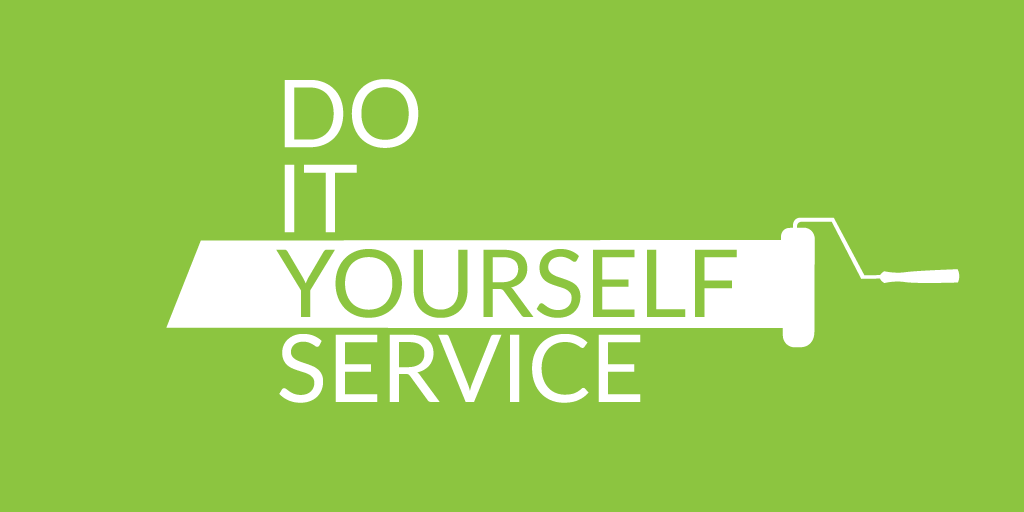A lot of people do not appreciate when strangers start getting personal with them. However, day to day customer to business relationship show quite the contrary.
One can make a change from customer forgetting about the business to customer converting into a loyal buyer that will also serve as an ambassador for the business by a simple concept of personalized customer service experience.
“Companies that obsess about delivering great customer experiences create obsessed customers.”
This topic became very commonly used by many companies. Does not matter what sector a business operates in, whether it is a call agency or a hotel chain, personal experience matters a lot. However, this trend is encouraged especially in the retail sector and there is a reason for this…
Personalized Customer Experience: What It Is
Even though the concept is spread widely around the internet, some people might still wonder and ask themselves – what is a personalized customer service?
The concept of personalized customer experience is expanding and transforming with the new innovative technology but to put things simple it is a service that adds value to a customer’s choices with respect to their preferences.
Why the Retail Sector?
Today being a retail customer means being able to use various shopping options starting with physical stores and ending with digital ones such as e-commerce websites.
Retail giants such as Amazon, Target, Walmart and many more realized that personalization became the key component in attaining competitive advantage and achieving success. In a research done by Segment, it became evident that lack of personalization caused frustration in 71% of consumers, and that 44% of them indicated loyalty after personalized shopping.
Luckily for them, there are various ways of understanding the customer preferences and delivering specially furnished customer services to the buyers.
How Retail Personalizes Customer Service
By building customer journey maps – Customer journey map visualizes the experiences that a customer has with an organization from the very first beginning and into the long-term relationship. It aids the business to see things from the buyers’ perspective and in offering products, discounts, services and assistance that a customer prefers.
By collecting consumer data – Data is a powerful word and also a sensitive topic especially after different entities regulating the ways of collecting it such a GDPR. However, a study showed that 65% of customers agreed on sharing their information in exchange for more targeted offers with respect to their preferences, and 82% welcomed a personal and data-driven in store-based retailer communications. By collecting data, retailers have a better understanding of wants and needs of its customers.
By using location-based offers (LBO’s) – With the utilization of innovative technology and the geolocation services of smartphones, retailers can send a notification to the customers that are within a certain distance from their stores. By delivering specially furnished and targeted messages customers can enter the stores when being close which they might have ignored otherwise.
But Wait, It Can Be a Lot Easier
All the examples provided above are very valuable and give beneficial results, but sometimes personalized user experience can start with just a simple notion of referring to your customers by their name.
When addressing your consumers personally it triggers the feeling of being valued in them. A research showed that we appreciate called by our name so much that several regions in our brain show greater activation.
Many retailers struggle with personalized customer service when it comes to physical location. They find it hard to acquire information from the first-time customers and are not as flexible in terms of information usage as they would be when it comes to the online website.
Qminder provides services that can help business in such scenario. It does not only solve the queuing problem but also provides rich individual visitor data as well as service insights. After trying Qminder, businesses find it easier to gather information about their clients as well as trends in their company such as what products/services are mostly utilized and can tailor offers to a customer according to the obtained insights about them, making the service more personalized.
What Are the Benefits?
Increased Revenue
One of the main reasons for using personalization is the significant increase in the revenue. Personalized customer service targets the individual customers with respect to their preferences, needs and likes which, in its turn, increases the chances of engagement and higher sales. 40% of consumers from the U.S. responded that they have paid a higher price for a product than planned due to the personalized customer experience.
Customer Retention and Loyalty
One must understand that customers appreciate being treated as unique individuals and that every single one of them has their specific preferences. Tailored services, offers, and suggestions to your consumers increase the competitive advantage in both customer retention and brand loyalty. According to Knexus, 56% are more willing to shop with retailers that have personalized customer service.
Happier Consumers
Customers tend to get irritated when treated with irrelevant offerings from a business. According to Online Personal Experience study released by Janrain, nearly 74% of online shoppers have negative attitudes towards ads that are not in accordance with their preferences. Making sure that your products and services are personalized will guarantee the improvement of your customer service.
Do Not Lose Your Customer
Retailers need to step up their game and providing personalized customer experience can be one of the ways of doing so. According to Accenture, businesses that offer personalization will get a slice of a $2.95 trillion prize by 2025.
Not personalizing your experience is equivalent to handing your current and potential customers to your competitors and therefore, coming up with strategies of personalization should be the beginning of any customer engagement strategy.
Regardless of various changes in the industry, it remains evident that personalizing your customer service in a way that provides value will always be relevant for successful CX strategy.






